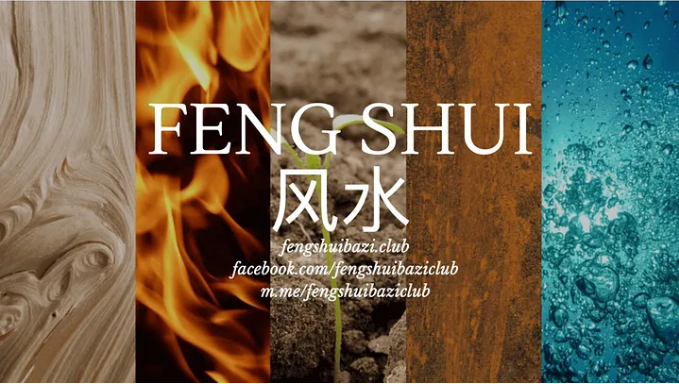Feng Shui, pronounced “fung shway,” is an ancient Chinese art and science that focuses on harmonizing individuals with their surrounding environment. The term “Feng Shui” translates to “wind” (feng) and “water” (shui) in English, symbolizing the flow of life energy (Qi or Chi) that is vital for health, prosperity, and well-being.
Core Principles of Feng Shui
- Qi (Chi) – Life Force Energy:
- Qi is the vital energy that flows through all living things. Feng Shui aims to optimize the flow of Qi in a space to promote health, happiness, and prosperity.
- Yin and Yang:
- The balance of Yin (feminine, passive energy) and Yang (masculine, active energy) is crucial in Feng Shui. A harmonious space balances these opposing forces to create a conducive environment.
- Five Elements:
- Feng Shui incorporates the five elements: Wood, Fire, Earth, Metal, and Water. These elements interact in constructive and destructive cycles, and their balanced presence in a space is believed to influence the inhabitants’ well-being.
- Bagua Map:
- The Bagua (or Pa Kua) is a Feng Shui energy map that divides a space into nine areas, each representing different aspects of life, such as wealth, health, career, and relationships. Aligning these areas with specific elements, colors, and shapes can enhance the corresponding life aspects.
Applications of Feng Shui
- Home Layout and Design:
- Feng Shui principles are often applied in home design to optimize the flow of Qi. This includes the placement of furniture, the use of colors, and the arrangement of spaces to create a harmonious environment.
- Business and Office Spaces:
- Businesses use Feng Shui to enhance productivity, attract customers, and create a positive work environment. This might involve strategic placement of desks, plants, and other elements to foster success and harmony.
- Gardens and Outdoor Spaces:
- Feng Shui extends to outdoor spaces, where the placement of plants, water features, and pathways can influence the flow of Qi and create a balanced and peaceful environment.
- Personal Feng Shui:
- Individuals can also apply Feng Shui principles to their personal lives by wearing specific colors, arranging personal items, and using symbols that attract positive energy.
Common Feng Shui Tips
- Declutter:
- Removing clutter allows Qi to flow freely, promoting a sense of peace and order.
- Use Mirrors Wisely:
- Mirrors can reflect and amplify energy. Placing them strategically can enhance the flow of positive energy but placing them opposite doors or windows can create disruptive energy.
- Incorporate Plants:
- Plants bring life energy into a space. They purify the air and represent growth and vitality.
- Balance Elements:
- Ensure a harmonious presence of the five elements in your living or working space to balance energy.
- Front Door:
- The front door is the main entrance for Qi. It should be clean, well-lit, and unobstructed to invite positive energy.
Conclusion
Feng Shui is a holistic approach to creating environments that promote health, happiness, and prosperity by optimizing the flow of life energy. By understanding and applying its principles, one can create harmonious spaces that enhance the quality of life and well-being.
